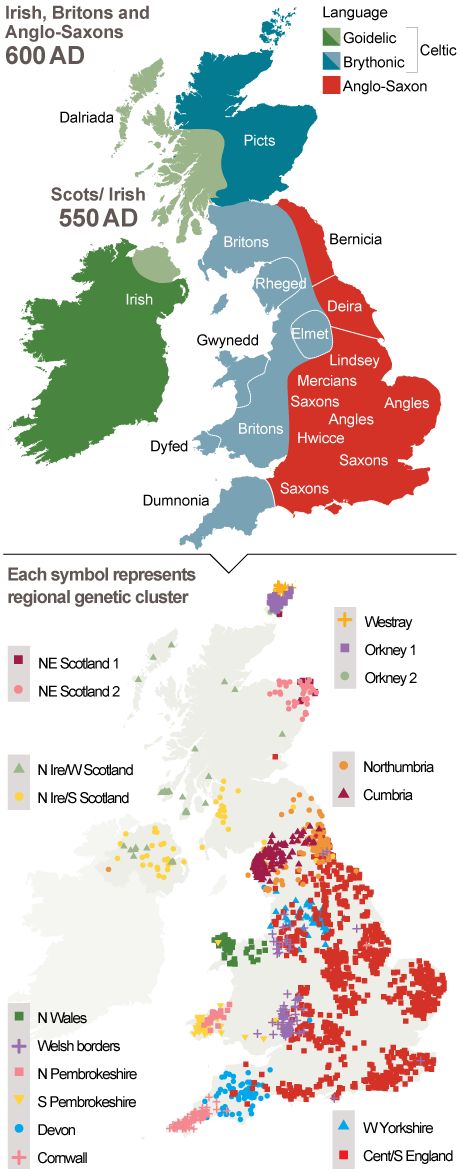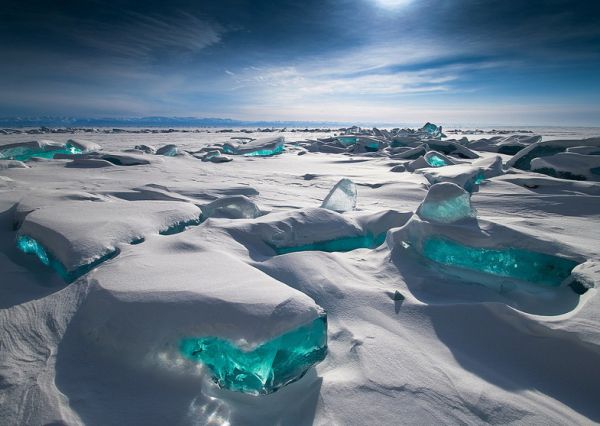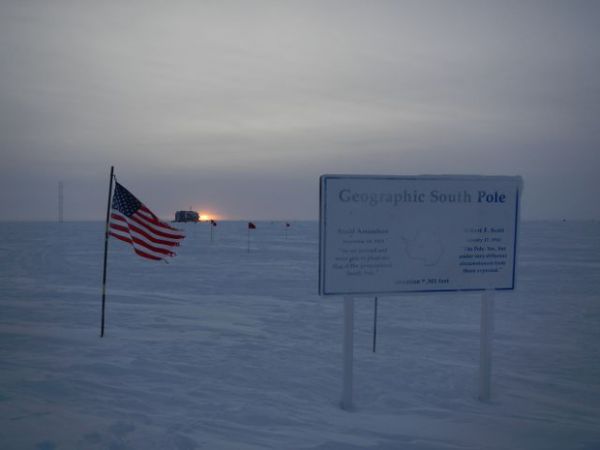The
U.S. economy is picking up steam but most Americans aren't feeling it.
By contrast, most European economies are still in bad shape, but most
Europeans are doing relatively well.What's behind this? Two big facts.
First,
American corporations exert far more political influence in the United
States than their counterparts exert in their own countries.
In
fact, most Americans have no influence at all. That's the conclusion of
Professors Martin Gilens of Princeton and Benjamin Page of Northwestern
University, who analyzed 1,799 policy issues - and found that "the
preferences of the average American appear to have only a miniscule,
near-zero, statistically non-significant impact upon public policy."
Instead,
American lawmakers respond to the demands of wealthy individuals
(typically corporate executives and Wall Street moguls) and of big
corporations - those with the most lobbying prowess and deepest pockets
to bankroll campaigns.
The second fact is most big American
corporations have no particular allegiance to America. They don't want
Americans to have better wages. Their only allegiance and responsibility
to their shareholders - which often requires lower wages to fuel
larger profits and higher share prices.
When GM went public
again in 2010, it boasted of making 43 percent of its cars in place
where labor is less than $15 an hour, while in North America it could
now pay "lower-tiered" wages and benefits for new employees.
American
corporations shift their profits around the world wherever they pay the
lowest taxes. Some are even morphing into foreign corporations.
As an Apple executive told The New York Times, "We don't have an obligation to solve America's problems."
I'm
not blaming American corporations. They're in business to make profits
and maximize their share prices, not to serve America.
But
because of these two basic facts - their dominance on American politics,
and their interest in share prices instead of the wellbeing of
Americans - it's folly to count on them to create good American jobs or
improve American competitiveness, or represent the interests of the
United States in global commerce.
By contrast, big corporations
headquartered in other rich nations are more responsible for the
wellbeing of the people who live in those nations.
That's
because labor unions there are typically stronger than they are here -
able to exert pressure both at the company level and nationally.
VW's
labor unions, for example, have a voice in governing the company, as
they do in other big German corporations. Not long ago, VW even welcomed
the UAW to its auto plant in Chattanooga, Tennessee. (Tennessee's own
politicians nixed it.)
Governments in other rich nations often
devise laws through tri-partite bargains involving big corporations and
organized labor. This process further binds their corporations to their
nations.
Meanwhile, American corporations distribute a smaller
share of their earnings to their workers than do European or
Canadian-based corporations.
And top U.S. corporate executives make far more money than their counterparts in other wealthy countries.
The
typical American worker puts in more hours than Canadians and
Europeans, and gets little or no paid vacation or paid family leave. In
Europe, the norm is five weeks paid vacation per year and more than
three months paid family leave.
And because of the overwhelming
clout of American firms on U.S. politics, Americans don't get nearly as
good a deal from their governments as do Canadians and Europeans.
Governments
there impose higher taxes on the wealthy and redistribute more of it to
middle and lower income households. Most of their citizens receive
essentially free health care and more generous unemployment benefits
than do Americans.
So it shouldn't be surprising that even though U.S. economy is doing better, most Americans are not.
The
U.S. middle class is no longer the world's richest. After considering
taxes and transfer payments, middle-class incomes in Canada and much of
Western Europe are higher than in U.S. The poor in Western Europe earn
more than do poor Americans.
Finally, when at global negotiating
tables - such as the secretive process devising the "Trans Pacific
Partnership" trade deal - American corporations don't represent the
interests of Americans. They represent the interests of their executives
and shareholders, who are not only wealthier than most Americans but
also reside all over the world.
Which is why the pending
Partnership protects the intellectual property of American corporations -
but not American workers' health, safety, or wages, and not the
environment.
The Obama administration is casting the Partnership
as way to contain Chinese influence in the Pacific region. The agents
of America's interests in the area are assumed to be American
corporations.
But that assumption is incorrect. American
corporations aren't set up to represent America's interests in the
Pacific region or anywhere else.
What's the answer to this basic
conundrum? Either we lessen the dominance of big American corporations
over American politics. Or we increase their allegiance and
responsibility to America.
It has to be one or the other.
Americans can't thrive within a political system run largely by big
American corporations - organized to boost their share prices but not
boost America.





















